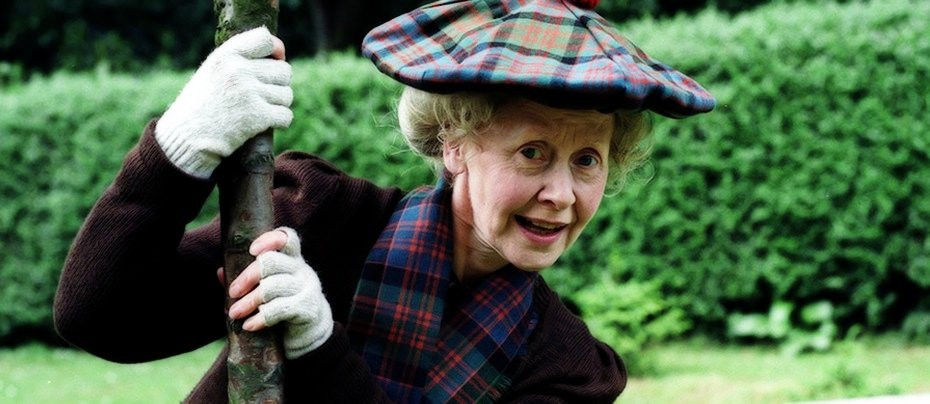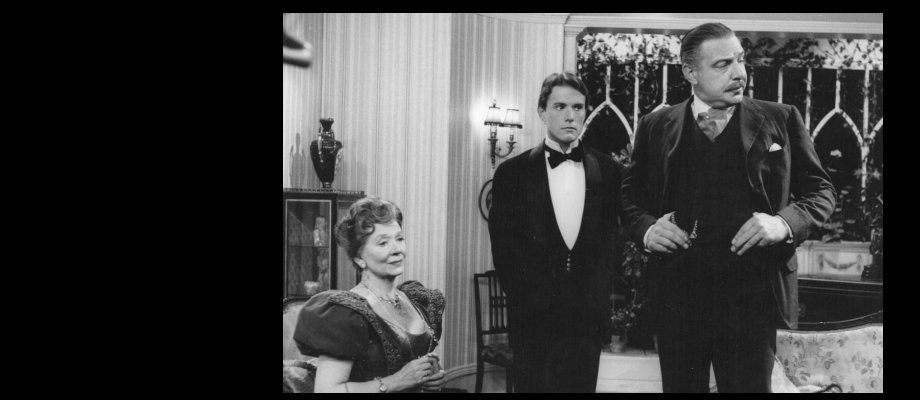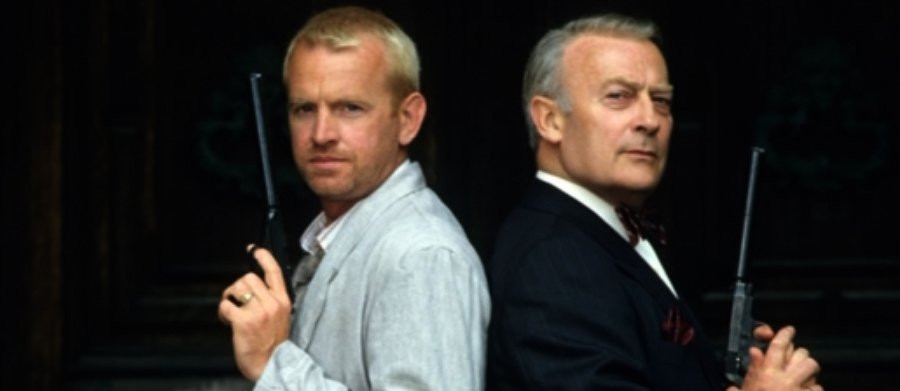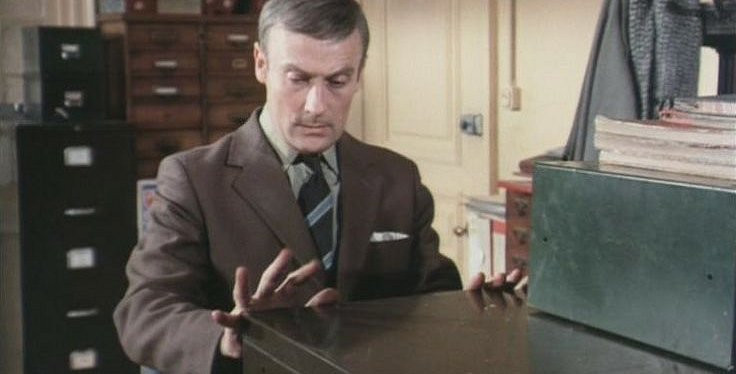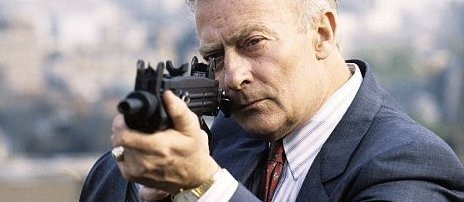
The Equalizer
1985 - United StatesAfter retiring from a life of espionage Robert McCall goes into business as a private investigator, partly to make amends to his ex-wife and son for years of neglect and partly to ease his own conscious of past deceitfulness, even though his duplicity was carried out under the supervision of the US Government. McCall became a champion of the underdog, putting his professional skills to good use where the authorities such as the courts and the police had failed to bring justice by conventional means. "Got a problem? Odds against you? Call the Equalizer" was the message he ran in the New York classified ads section. And call they did.
Dialling 212 555 4200 got you through to The Equalizer's answer phone and from there you could hire yourself a modern-day Robin Hood acting as a righter of wrongs, private eye, or plain and simple bodyguard. And all for either a nominal fee or, depending on the injustice, no fee at all. Edward Woodward played the poker-faced, steely-eyed streetwise investigator in a role that was not a million miles from his other famed TV character, British spy David Callan. Yes, there were obvious differences; Callan dressed as though he'd just picked his clothes up off the floor of a second-hand shop whereas McCall was always immaculately dressed. Callan lived in a seedy bedsit whilst McCall enjoyed the comfort of a stylish Manhattan apartment, and while Callan moved around London on buses and tube-trains McCall had the luxury of a sleek black Jaguar.

McCall didn't always go it alone and had both friends and family to assist him from time to time including his former boss known only as Control (Robert Lansing), his old friend from his spying days, Pete O'Phelan (Chad Redding), and his own son, Scott (William Zabka). Callan worked for codename Charlie, had one particularly odious friend and no family. But under the surface both characters were inspired by the same motivation. Both were wanting to atone for past sins. The tragedy for Callan was that he never found a way out and when we last left him he was still a slave to the system that had turned him into a cold-blooded executioner, albeit one with a conscience. McCall, however, finally found a way to expiate his sins. It would be nice to think that McCall really was Callan, just a little older, a little wiser and given the breaks.
The Equalizer became a big hit in the USA where it enjoyed a four-year run from 1985-89. One of the reasons suggested for its success has been the rising crime rate that was prevalent in New York at that time and the viewer fantasy factor that there could be such a figure out there on the streets ready to clean up the town. It certainly wasn't as big a hit in the UK, but then Callan, with its gritty realism was a hard act to follow, especially when you knew that each episode of The Equalizer was going to end up with the good guy winning the day. There was never that comfort working for Charlie.
Seen this show? How do you rate it?
Seen this show? How do you rate it?
Published on December 10th, 2018. Written by Laurence Marcus for Television Heaven.


